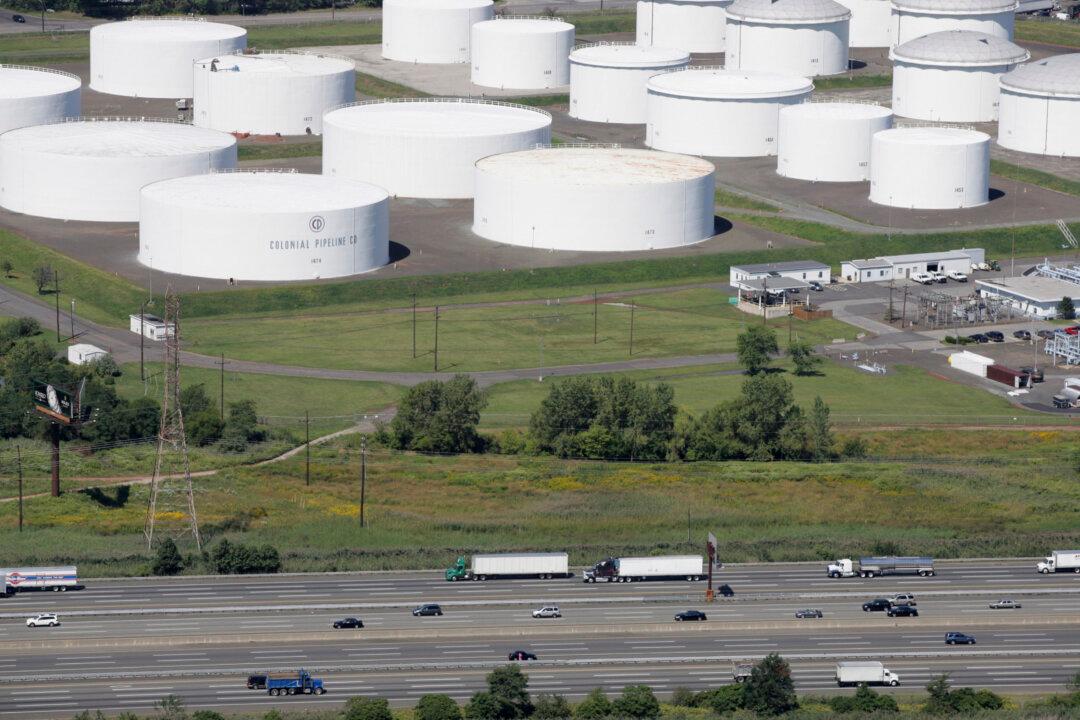The U.S. Department of Transportation declared a regional state of emergency after the Colonial Pipeline suffered a cyberattack over the weekend.
The attack on the Colonial Pipeline, considered one of the most disruptive ransomware schemes ever, has already disrupted fuel supply across the East Coast and triggered sales restrictions at gas stations.





